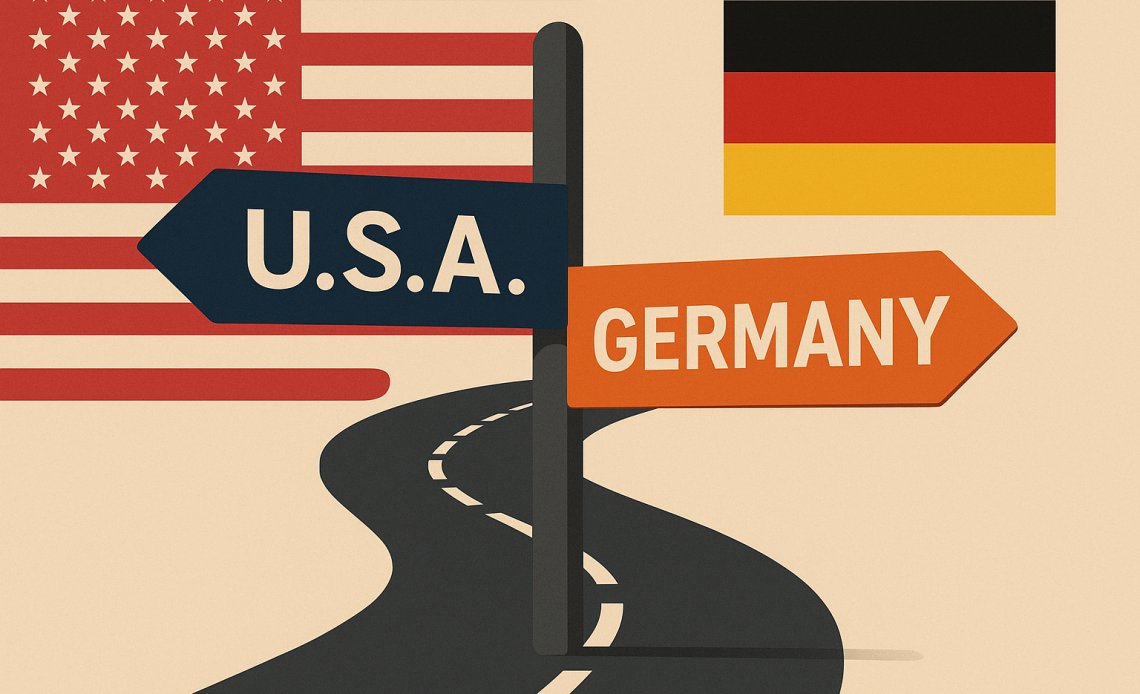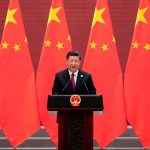Germany is positioning itself as a secure destination for Indian professionals, highlighting its predictable migration policies and economic demand for skilled labour.
The move comes after US President Donald Trump introduced a $100,000 fee on new H-1B visa applications, a change that directly affects Indian workers who make up around two-thirds of such visas.
With India’s $280 billion tech services industry exposed to this policy shift, Berlin is seizing the opportunity to showcase itself as a reliable hub for career growth, especially for those in IT, management, science, and technology.
Germany’s call to Indian professionals
Germany’s ambassador to India and Bhutan, Philipp Ackermann, released a video message on X on 23 September 2025, urging highly skilled Indians to consider Germany as their next career step.
Here is my call to all highly skilled Indians.
Germany stands out with its stable migration policies, and with great job opportunities for Indians in IT, management, science and tech.
Find your way to Germany to boost your career: linktr.ee/germanyinindia
View replies
17.2K
Reply
Copy link
He emphasised that Germany’s migration policy is not subject to sudden changes, positioning the country as a more stable option compared to the US.
His statement underlined that Indians already play a significant role in Germany’s workforce, with data showing that the average Indian worker in Germany earns more than the average German.
Ackermann highlighted that Indians are contributing significantly to Germany’s society and welfare, making them a priority group for future migration.
In his video, he described Germany as offering “great job opportunities” and stability for professionals who may be unsettled by sudden changes elsewhere.
Impact of US visa crackdown on India’s tech sector
The US decision to impose the $100,000 H-1B visa fee has raised concerns across India’s technology industry.
With Indians accounting for the majority of applicants, the policy places thousands of jobs at risk in an industry worth $280 billion.
The move comes alongside Washington’s 50% tariffs on Indian goods, adding further strain to economic ties between the two countries.
This shift not only threatens Indian IT exports but also risks reducing the number of Indian students in the US.
Over 200,000 Indians were enrolled in US institutions in 2024, a figure that may now decline as visa restrictions and rising costs deter mobility.
Germany and Europe’s growing role
At the same time, Germany is facing its own labour shortages, driven by an ageing population and a shrinking domestic workforce.
To offset these challenges, the country needs hundreds of thousands of immigrants each year.
Indian nationals are becoming central to this plan, with around 280,000 Indians living in Germany as permanent residents at the start of 2025.
The German Academic Exchange Service reported that Indians represented 13% of all international students in Germany during 2023–24.
The European Union has also been expanding opportunities for Indian students, including offering a larger number of scholarships.
Germany’s outreach is part of a broader European trend, with the UK also considering reduced visa fees for top global talent.
This approach contrasts sharply with US restrictions, placing Europe in a more competitive position for skilled migration.
Trade talks and student mobility
Mobility of professionals remains a key issue in India’s trade negotiations with the EU.
Services exports make up nearly half of India’s total trade in goods and services, and New Delhi is pressing for freer movement of talent in talks with European partners.
German Foreign Minister Johann Wadephul, during a recent visit, said he was hopeful that a free trade agreement between the EU and India could be finalised as early as this autumn.
As Germany strengthens ties with Indian workers and students, it is positioning itself not only as a labour destination but also as a partner in shaping the global movement of skilled professionals.
The post Germany offers stable path for Indian workers as US tightens visa rules appeared first on Invezz







